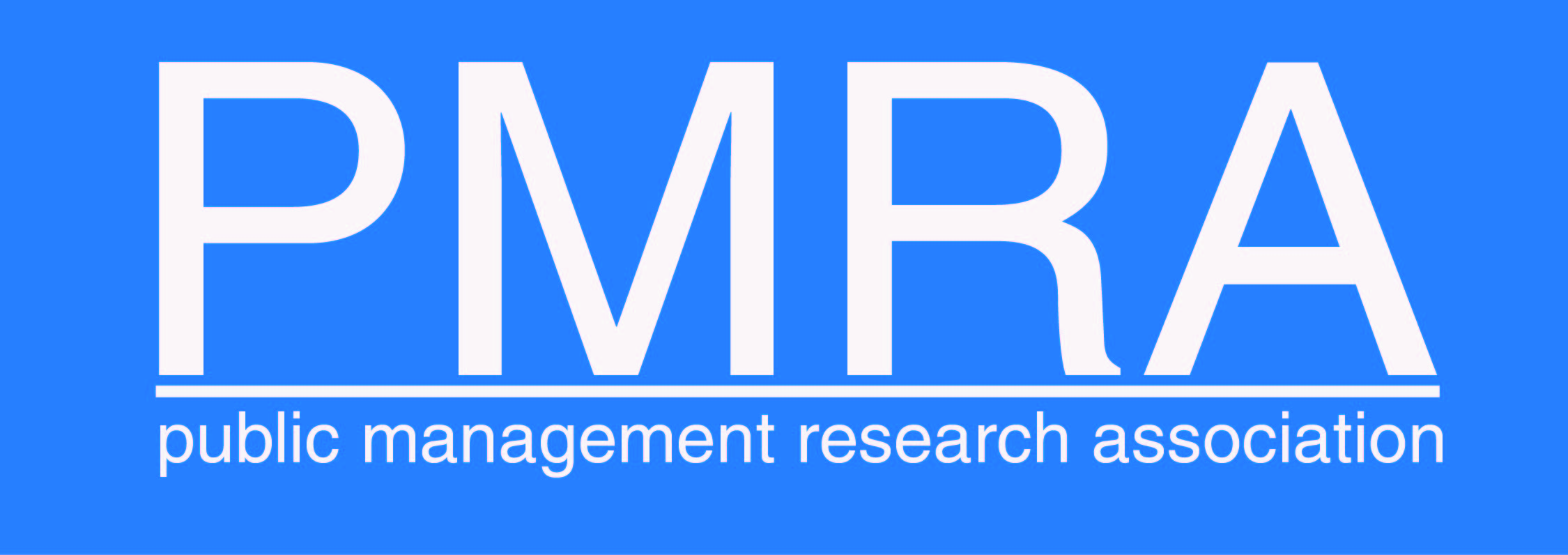Public and NonProfit Administration
The foundations of this series are both cutting-edge contributions on emerging topics and definitive reviews of keystone topics in public and nonprofit administration, especially those that lack longer treatment in textbooks or other formats.
Elements within this series are fast tracked after formal acceptance and updatable. They are written to appeal to scholars, graduate students, and practitioners demanding short and accessible introductions to both foundational and new topics. We are especially interested in contributions that push the boundaries of our field.
We are interested in contributions in the areas of public management, public budgeting and finance, nonprofit studies, and the interstitial space between the public and nonprofit sectors, along with theoretical and methodological contributions, including quantitative, qualitative and mixed-methods pieces.
Our Series is proud to be affiliated with The Public Management Research Association (PMRA) and The Association for Research on Nonprofit Organizations and Voluntary Action (ARNOVA). PMRA “improves public governance by advancing research on public organizations, strengthening links among interdisciplinary scholars, and furthering professional and academic opportunities in public management.” ARNOVA “is a diverse community of scholars, educators, philanthropists, and practice leaders focused on strengthening the field of nonprofit and philanthropic research to improve civil society and human life.” These mission statements broadly signal the variety of interests possessed by potential contributors.
Before developing a full proposal, we encourage reaching out to us first with your proposal idea. Please review our catalogue of published Elements below, as you consider relevant topics. Proposals should be sent to pnpelements@gmail.com, Rob Christensen (rkc@byu.edu), Jaclyn Piatak (jpiatak@charlotte.edu) and Rosemary O’Leary (oleary@ku.edu).
Here are some helpful tips:
First, a proposal description is typically around 600 words (not counting CVs and references). In some cases additional detail may be needed to better detail how the Element extends previously published work.
• Include a working title and prospective co-authors. Supply contact details and a current copy of each author’s CV.
Second, your proposal should articulate:
• The problem or puzzle your project addresses,
• What is distinctive about your approach, and
• Prospective readers/audiences of your Element, e.g., communities, classes.
Third, your proposal should include a draft outline of “chapters,” which are to be called sections or parts. Even though Elements are shorter than typical books, we like our projects to include sections or parts, with a table of contents of those parts in the full draft, to make it easier for readers to see the overall contribution and organization.
Fourth, please include a list of relevant references.
Finally, please include the anticipated delivery date of your full manuscript, if the proposal is approved, as well as anticipated length.
That's it! We look forward to learning more about your proposed Element.









